March 5, 2018
About time we simply accepted that coworking and flexible working are the new normal
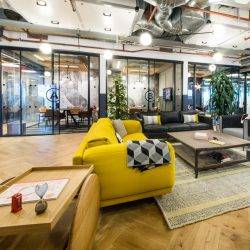 Ask someone to list innovative companies which have become notable disruptors in their market and they invariably respond with two names – Uber and Airbnb. That is because both brands are positioned squarely and successfully at the retail consumer: for people who use a taxi or take an occasional short break in a foreign city, they have become the automatic default options. But there is another equally successful business targeting the corporate space, aimed particularly at small businesses and millennial tech start-ups: WeWork. Just like Uber and Airbnb, it is less than a decade old. In that time, WeWork’s ambition of being the world’s leading coworking company has been realised. Championing itself as a disruption revolutionary, it has succeeded more prosaically by ‘creating environments that increase productivity, innovation, and collaboration,’ according to its website. WeWork’s model involves renting office space cheaply via long-term lease contracts. Small units are then re-rented at higher rates to start up companies which are happy to pay a premium because they need very little space.
Ask someone to list innovative companies which have become notable disruptors in their market and they invariably respond with two names – Uber and Airbnb. That is because both brands are positioned squarely and successfully at the retail consumer: for people who use a taxi or take an occasional short break in a foreign city, they have become the automatic default options. But there is another equally successful business targeting the corporate space, aimed particularly at small businesses and millennial tech start-ups: WeWork. Just like Uber and Airbnb, it is less than a decade old. In that time, WeWork’s ambition of being the world’s leading coworking company has been realised. Championing itself as a disruption revolutionary, it has succeeded more prosaically by ‘creating environments that increase productivity, innovation, and collaboration,’ according to its website. WeWork’s model involves renting office space cheaply via long-term lease contracts. Small units are then re-rented at higher rates to start up companies which are happy to pay a premium because they need very little space.




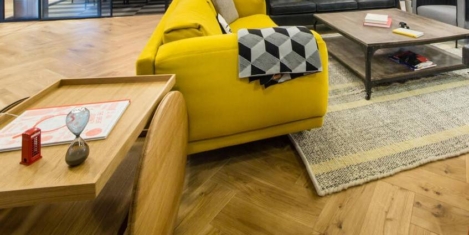

 The construction industry needs new talent and skills to help in the adoption of new technologies to meet the challenges of digital transformation. It must also become more diverse, including increasing the percentage of women in the industry. These are the recommendations of a new report from the World Economic Forum, developed in collaboration with The Boston Consulting Group (BCG), Shaping the Future of Construction: An Action Plan to solve the Industry’s Talent Gap. The report argues that the Infrastructure and Urban Development (IU) industry has failed to innovate as quickly as other sectors, resulting in stagnating productivity and negative effects on the economy, society and the environment. An ongoing industry-wide shortage of qualified workers is among the key reasons for this issue. It has undermined project management and execution, adversely affecting cost, timelines and quality. It also has impeded the adoption of new digital technologies, such as building information modelling (BIM), automated equipment and cloud-based collaboration tools, which could improve productivity. The report provides twelve key actions which needs to be implemented to close the structural talent gap of the construction industry.
The construction industry needs new talent and skills to help in the adoption of new technologies to meet the challenges of digital transformation. It must also become more diverse, including increasing the percentage of women in the industry. These are the recommendations of a new report from the World Economic Forum, developed in collaboration with The Boston Consulting Group (BCG), Shaping the Future of Construction: An Action Plan to solve the Industry’s Talent Gap. The report argues that the Infrastructure and Urban Development (IU) industry has failed to innovate as quickly as other sectors, resulting in stagnating productivity and negative effects on the economy, society and the environment. An ongoing industry-wide shortage of qualified workers is among the key reasons for this issue. It has undermined project management and execution, adversely affecting cost, timelines and quality. It also has impeded the adoption of new digital technologies, such as building information modelling (BIM), automated equipment and cloud-based collaboration tools, which could improve productivity. The report provides twelve key actions which needs to be implemented to close the structural talent gap of the construction industry.

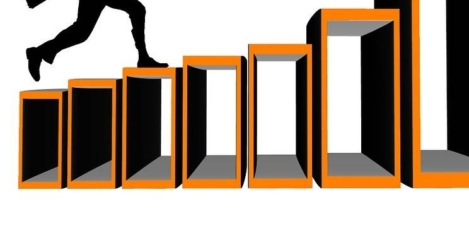



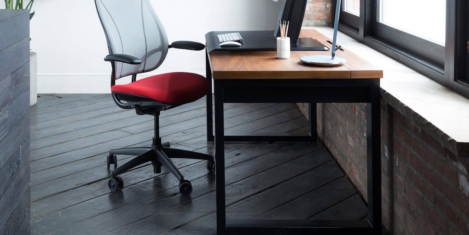


 The proportion of flexible space within occupier portfolios will continue to increase in 2018; a growing adoption of technology will redefine buildings, workplaces and portfolios; and it will be a year of decision for many businesses regarding Brexit. These are among the ‘UK Property Predictions 2018’ report from JLL which covers a range of different topics, with a particular focus on UK corporate occupiers. The report claims that traditional static portfolio concepts are being redesigned to incorporate new formats of space, co-working and a more fluid and diverse range of space options that support creativity, innovation and collaboration.
The proportion of flexible space within occupier portfolios will continue to increase in 2018; a growing adoption of technology will redefine buildings, workplaces and portfolios; and it will be a year of decision for many businesses regarding Brexit. These are among the ‘UK Property Predictions 2018’ report from JLL which covers a range of different topics, with a particular focus on UK corporate occupiers. The report claims that traditional static portfolio concepts are being redesigned to incorporate new formats of space, co-working and a more fluid and diverse range of space options that support creativity, innovation and collaboration. 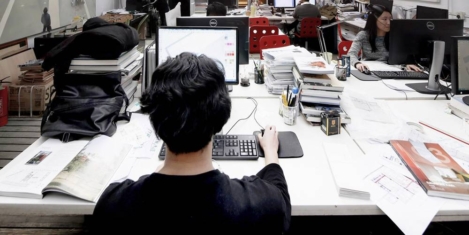
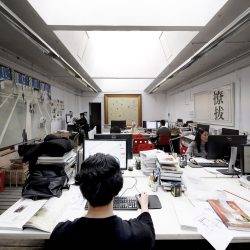

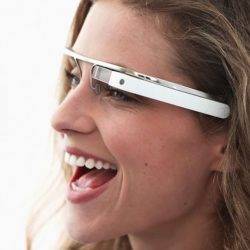
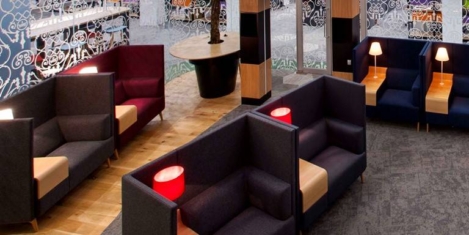
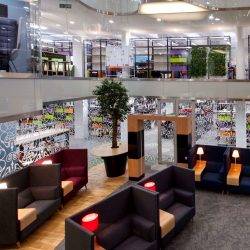
















March 6, 2018
How to reboot an activity based working project that has ground to a halt
by Karin Stahl • Comment, Flexible working, Technology, Workplace design